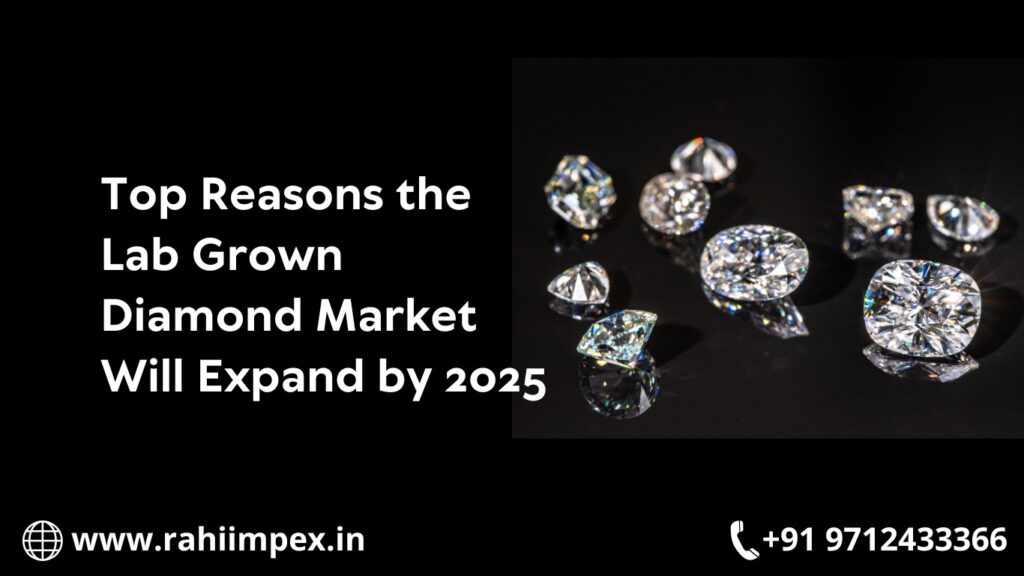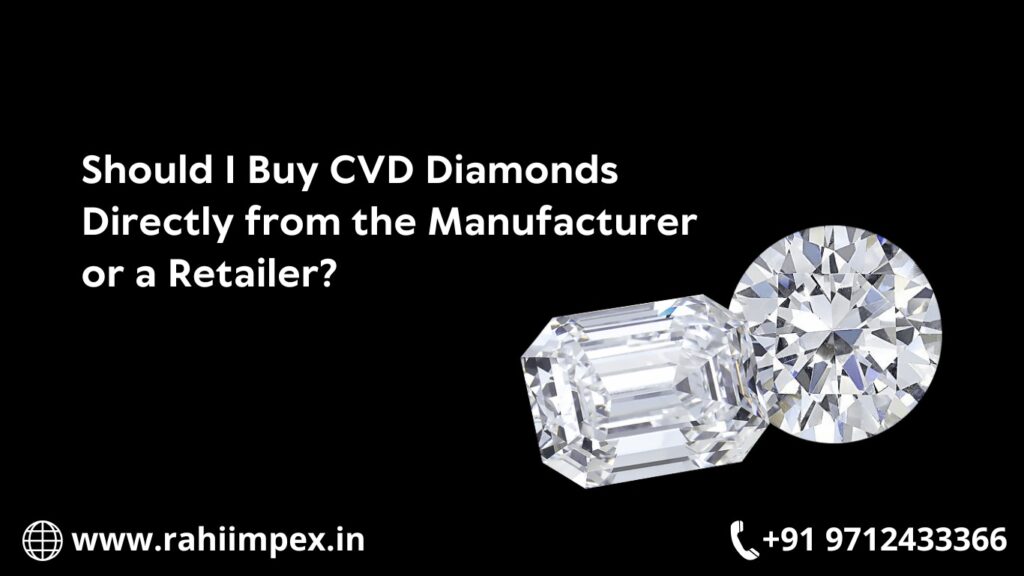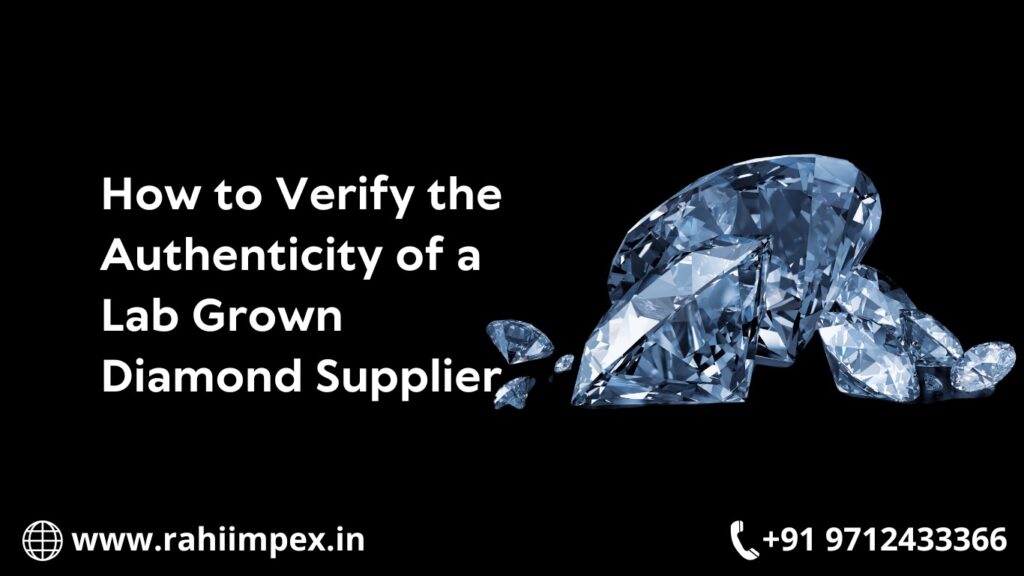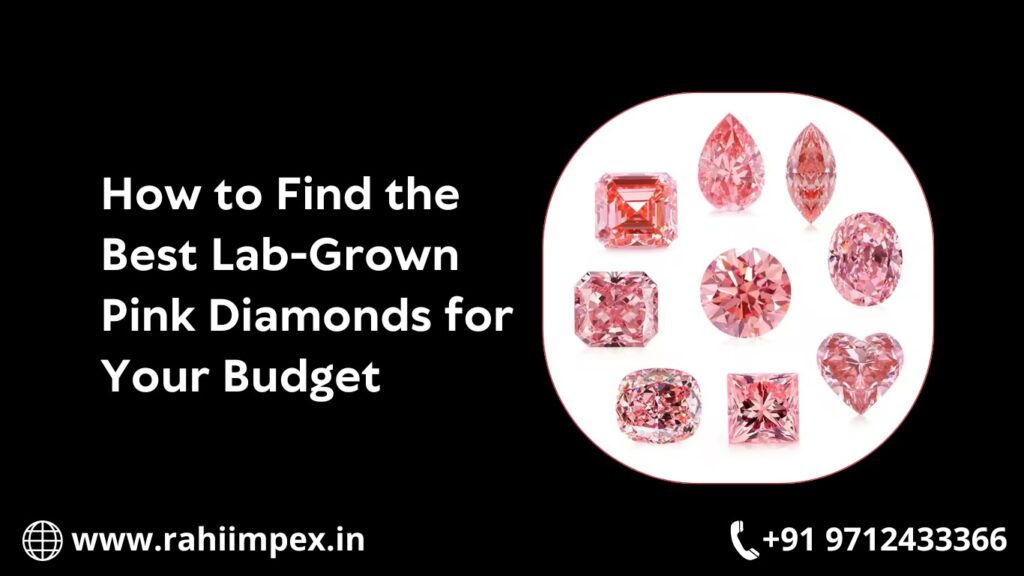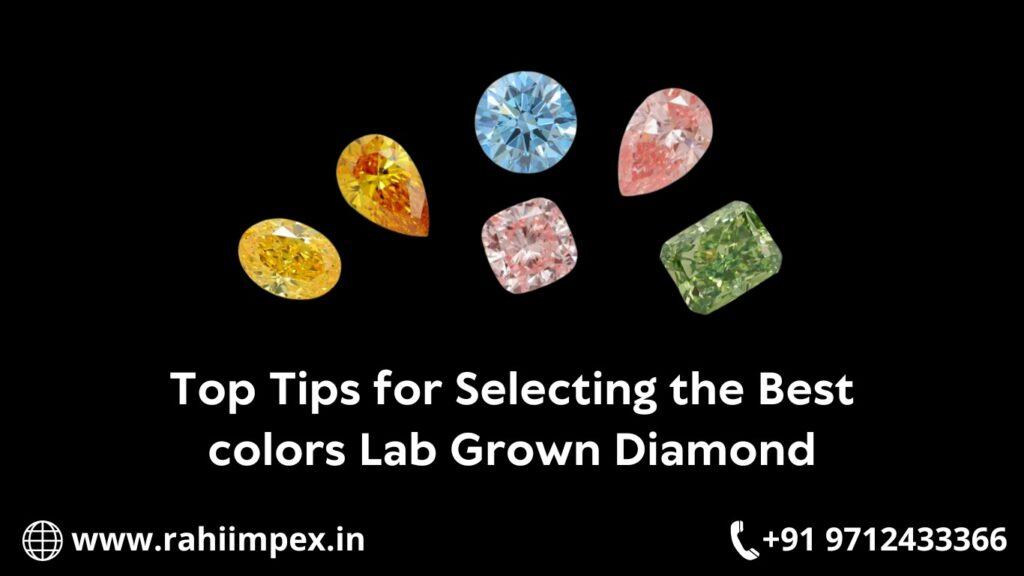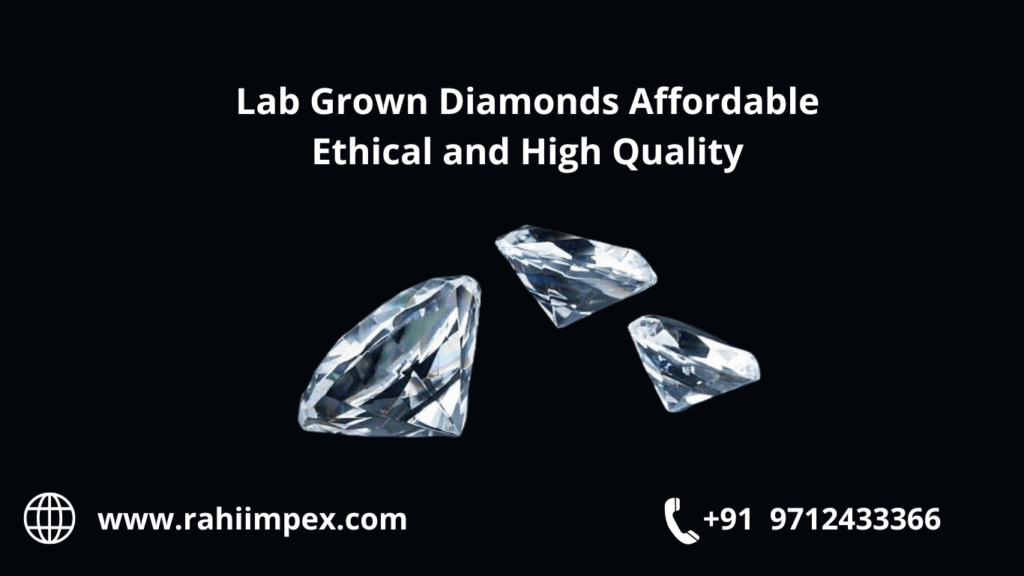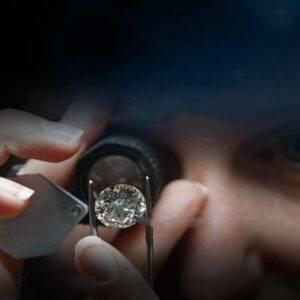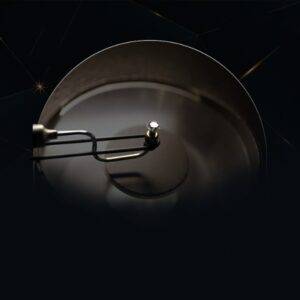Top Reasons the Lab Grown Diamond Market Will Expand by 2025
The diamond industry in India is witnessing a revolutionary shift, thanks to the rising popularity of lab grown diamonds. As sustainability, affordability, and ethical sourcing gain importance among consumers, lab grown diamonds are carving a significant space in the jewellery market. By 2025, this segment is expected to grow exponentially. But what are the key factors driving this expansion? Let’s explore the top reasons.
1. Increased Awareness About Sustainability
Modern Indian consumers are becoming more conscious of their purchases’ impact on the environment. Traditional diamond mining often involves ecological disruption and ethical concerns. On the other hand, lab-grown diamonds are created in controlled environments with a smaller carbon footprint, making them a preferred choice for environmentally aware buyers.
2. Affordable Pricing Without Compromising Quality
One of the biggest advantages of lab grown diamonds is their affordability. These diamonds offer the same brilliance, durability, and beauty as natural diamonds but at a fraction of the cost. This makes them accessible to a wider demographic, especially millennials and Gen Z, who are budget-conscious yet value premium products.
3. Rising Demand for Ethical Jewellery
The younger generation is increasingly choosing jewellery that aligns with their values. The absence of human rights concerns associated with lab grown diamonds has made them a symbol of ethical luxury. As more Indians seek “conflict-free” diamonds, the lab grown segment is poised for growth.
4. Technological Advancements in India
India has always been a hub for cutting and polishing diamonds. With advancements in technology, the country is now emerging as a leader in the production of lab grown diamonds. Improved techniques, such as Chemical Vapor Deposition (CVD) and High-Pressure High Temperature (HPHT), are making it possible to produce high-quality diamonds at a faster pace, further fueling the market growth.
5. Government Support and Industry Investments
The Indian government’s initiatives to promote lab grown diamonds, such as reduced import duties on raw materials and subsidies for production facilities, are encouraging manufacturers and retailers to enter this market. Additionally, leading jewellery brands are investing in lab grown diamond collections, making them more mainstream.
6. Celebrity Endorsements and Changing Trends
Lab grown diamonds are no longer considered a secondary choice. Influencers and celebrities in India are embracing lab grown diamonds, showcasing them as a stylish and sustainable alternative. As social media amplifies these trends, consumer preferences are shifting towards lab grown options for both traditional and modern jewellery designs.
7. Expanding E-commerce Market
The rise of e-commerce platforms is another significant driver for the lab grown diamond market. Online jewellery stores now offer customized options, competitive pricing, and certification for lab grown diamonds, making them a convenient and trustworthy choice for buyers. With the growing penetration of digital platforms, the reach of lab grown diamonds is expanding to Tier 2 and Tier 3 cities.
8. Perfect Fit for Special Occasions
Be it engagements, weddings, or gifting, lab grown diamonds are gaining popularity for their timeless appeal and affordability. Couples planning weddings in India are increasingly opting for lab grown diamond jewellery, appreciating its value proposition and ethical appeal.
9. Global Trends Influencing Indian Buyers
India’s diamond market is influenced by global trends, and lab grown diamonds are experiencing a surge in popularity worldwide. As international jewellery brands incorporate lab grown options, Indian buyers are quick to adopt these sustainable alternatives, ensuring the market flourishes.
10. Growing Consumer Trust with Certifications
Lab grown diamonds are certified by reputable gemological institutes like IGI and GIA, ensuring transparency and trust among consumers. This credibility is encouraging more buyers to invest in lab grown diamonds, as they come with the same assurances as mined diamonds.
Final Words
By 2025, the lab grown diamond market in India is set to expand due to a perfect blend of affordability, sustainability, and ethical appeal. With technological advancements, government support, and changing consumer preferences, these sparkling creations are redefining the Indian diamond industry.
For those looking to embrace the future of diamonds, lab grown options from Rahi Impex promise unmatched quality, brilliance, and value.
Top Reasons the Lab Grown Diamond Market Will Expand by 2025 Read More »
